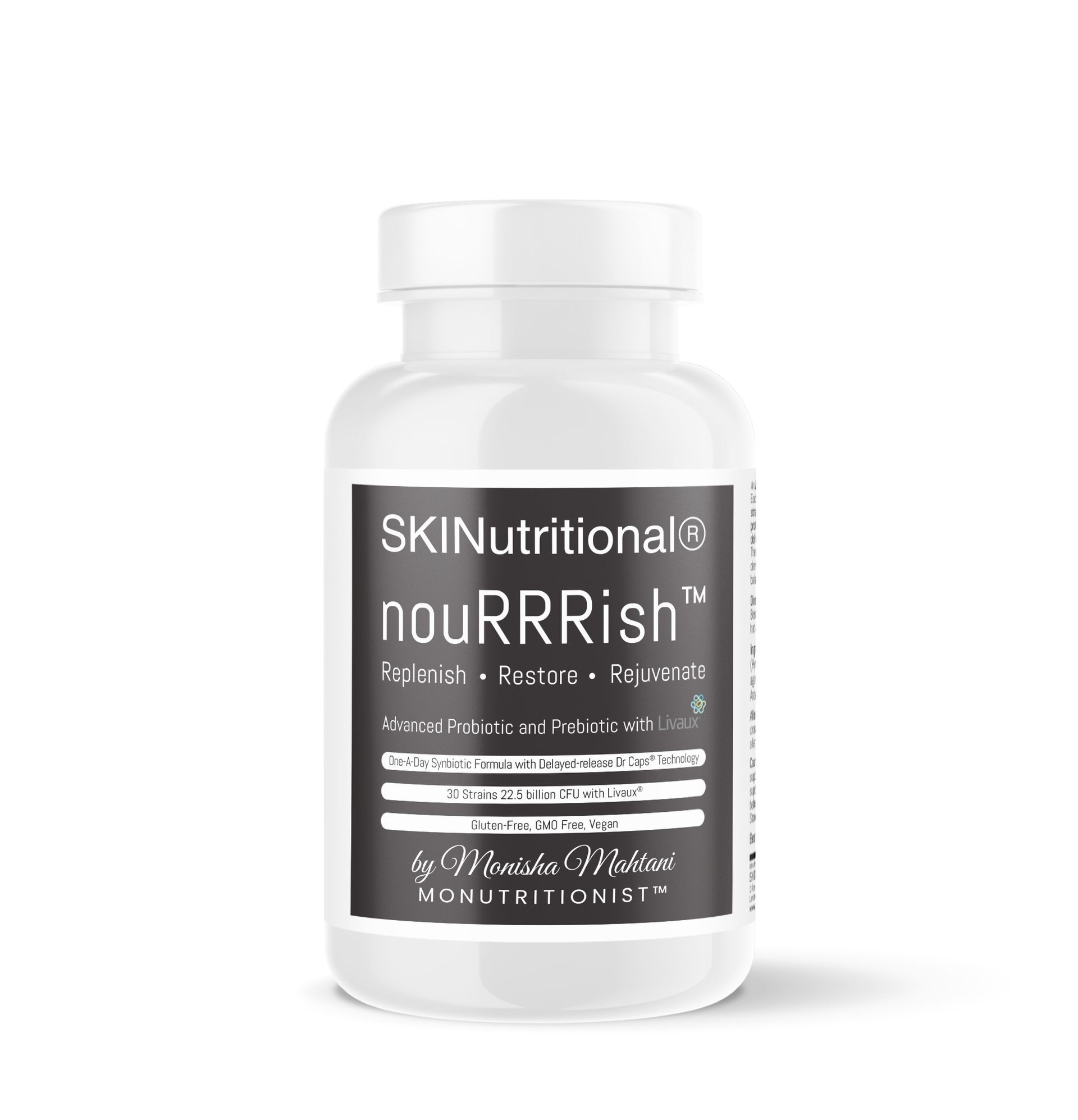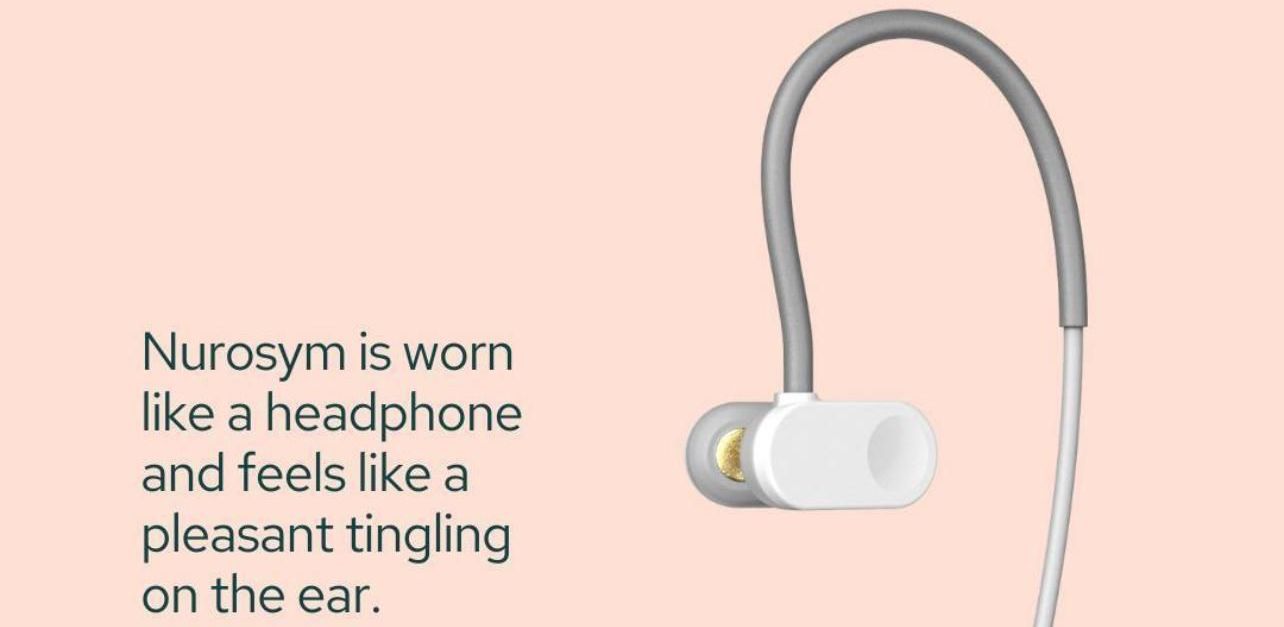Nutritional & Lifestyle Awareness for Mental Health
Eating for Happiness
There is a strong correlation between diet, lifestyle and wellbeing. For students this can affect their physical, mental and emotional wellbeing, which can impact their performance in their learning ability, sports performance and relationships with peers. Good nutrition has become, now more than ever, an effective solution to address many of the health issues that young people are facing. Home cooking and dining is an integral aspect of family bonding as well as healthy and mindful eating practices to combat the increasing effects of ill-health brought about by hectic lifestyles with an increased reliance on packaged and processed food. These foods laden with hidden sugars, trans fats, food additives and preservatives have a negative impact on wellbeing in both the short and long-term affecting mental, physical health and emotional health. What Are We Feeding Our Kids?
List of services
Download our Eating for Happiness Program for Free
What is Mental Health
- learn and make positive life choices
- feel, express and manage their emotions
- form and maintain good relationships with others
- cope with and manage change, uncertainty and stressful situations
What are the symptoms of poor mental health?
Statistics on mental health
- 676 million people are affected by mental health issues worldwide
- Poor mental health impacts on individuals and their families, in lost income, lower educational attainment, quality of life and a much shorter life span
- 1 in 4 people experience mental health issues each year
- Mental illnesses are more common, long-lasting and impactful than other health conditions
- Mental illness is the largest single source of burden of disease in the UK.
- The total cost of mental ill health in England is estimated at £105 billion per year
- Half of mental ill health starts by age 15 and 75% develops by age 18
- 75% of mental illness (excluding dementia) starts before age 18
- In an average classroom, ten children will have witnessed their parents separate, eight will have experienced severe physical violence, sexual abuse or neglect, one will have experienced the death of a parent and seven will have been bullied
- 12.8% of young people aged 5-19 meet clinical criteria for a mental health disorder
- About 10% of young people aged 8-15 experience a low sense of wellbeing
- About 20% of young people with mental ill health wait more than six months to receive care from a specialist
How Meditation and Mindfulness can help improve mental
health
Meditation
Mindfulness
Kindness is important
The benefits
- greater sense of self-awareness, self-compassion and compassion for others
- reduced anxiety, depression, stress and feelings of being overwhelmed and stressed
- helps you maintain a positive outlook of life and encourages feelings of gratitude
- increased mental clarity and focus
- better quality of sleep
- a state of empowerment and the ability to make better choices and confidence increases
How does good nutrition and lifestyle help?
- a variety of complex carbohydrates such a fruits, vegetables and whole grains
- a balanced intake of both animal and vegetarian sources of protein
- a proportionate amount of healthy fats such as oily fish, nuts and seeds
- good hydration including plenty of water. Try to limit how many high-caffeine or sugary drinks you consume
- a supporting lifestyle that incorporates relaxing techniques to encourage mindfulness
- plenty of exercise daily to release feel good hormones
- eat at least three balanced meals spread out during the day. Skipping meals or eating less than you need can lead to confusion and exhaustion if you do not realize at the time
Daily Habit Tracker
Track your habits for self improvement.
Improve your habits, improve the quality of your life in just a few minutes a day.






